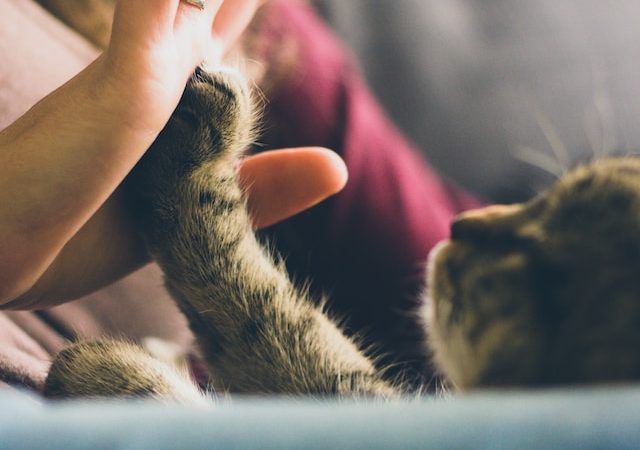Cats, known for their independent and enigmatic nature, can present unique challenges when it comes to behavior, training, and socialization. Understanding the intricacies of feline behavior is essential for building a harmonious relationship with our feline companions. In this article, we delve into the challenges associated with cat behavior, exploring the importance of training
Cats, known for their independent and enigmatic nature, can present unique challenges when it comes to behavior, training, and socialization. Understanding the intricacies of feline behavior is essential for building a harmonious relationship with our feline companions. In this article, we delve into the challenges associated with cat behavior, exploring the importance of training and socialization to foster a balanced and enriching life for cats and their human companions.
- The Independent Spirit:
Cats have a reputation for their independent nature, which can pose challenges in traditional training methods. Unlike dogs, who are highly motivated by pleasing their humans, cats often require a more patient and subtle approach. Recognizing and respecting their independent spirit is key to building trust and achieving successful training outcomes.
- Litter Box Training:
Litter box training is a critical aspect of feline behavior, ensuring a clean and hygienic living environment. Some cats may take to litter box training naturally, while others may require more guidance and patience. Providing a suitable litter box, maintaining cleanliness, and addressing any underlying medical issues are essential steps in successful litter box training.
- Scratching Behaviors:
Cats have a natural instinct to scratch, which serves multiple purposes, including stretching their muscles, marking territory, and maintaining healthy claws. Redirecting this behavior onto appropriate scratching surfaces, such as scratching posts, can help protect furniture and ensure a happy and healthy cat-human coexistence.
- Socialization Challenges:
While cats are often seen as solitary animals, proper socialization during their early stages of development is crucial. Exposing kittens to various people, animals, and environments helps them build confidence, reduces fear, and fosters a well-adjusted cat. Socialization challenges may arise in adult cats, requiring patience and gradual exposure to new experiences.
- Managing Aggression:
Aggressive behavior in cats can be a complex issue, often stemming from fear, stress, or territorial instincts. It is crucial to identify the underlying cause of aggression and address it appropriately. Consulting with a veterinarian or a professional animal behaviorist can provide guidance and help develop strategies to manage and modify aggressive behaviors.
- Positive Reinforcement and Enrichment:
Positive reinforcement training techniques, which reward desired behaviors, are particularly effective with cats. By utilizing treats, praise, and play as rewards, we can encourage cats to exhibit desired behaviors while avoiding punishment or negative reinforcement. Additionally, providing environmental enrichment, such as interactive toys, puzzle feeders, and vertical spaces, can prevent boredom and promote a well-rounded and contented cat.
Conclusion:
Understanding and navigating the challenges of cat behavior is crucial for cultivating a harmonious relationship with our feline friends. By embracing their independent spirit, addressing litter box training, redirecting scratching behaviors, prioritizing socialization, managing aggression with compassion, and utilizing positive reinforcement training techniques, we can unlock the potential for a balanced and fulfilling life for cats and their human companions. Remember, it is through patience, understanding, and a deep respect for their unique nature that we can bridge the gap between feline behavior and our shared lives.

















Leave a Comment
Your email address will not be published. Required fields are marked with *